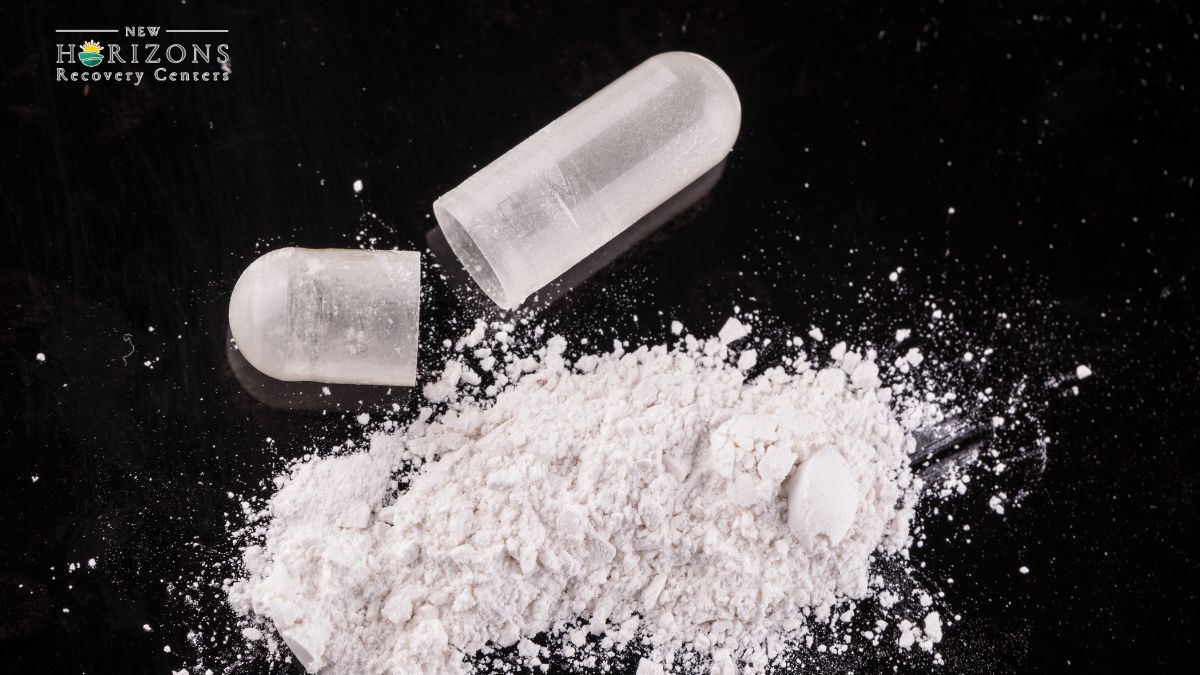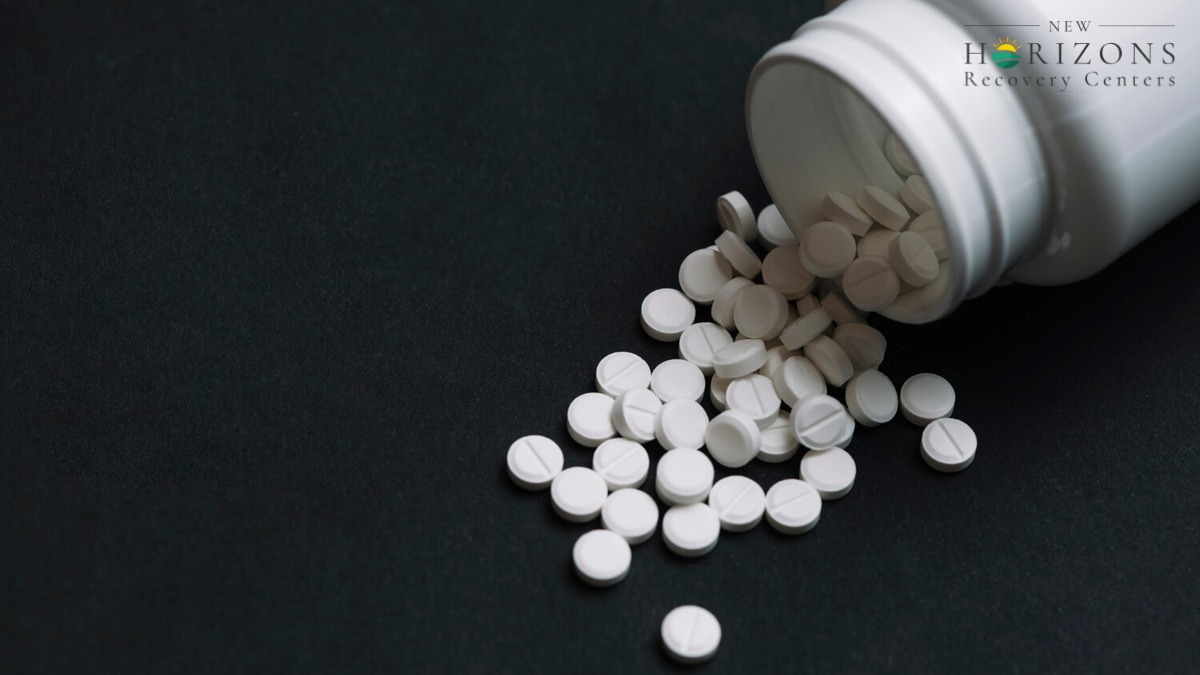
Eliminating Alcohol Breath
Alcohol breath can be a concern for many individuals, especially after consuming alcoholic beverages. Fortunately, there are several ways to reduce and eliminate alcohol breath. Let's explore some natural methods and gain a better understanding of alcohol metabolism.
Natural Ways to Reduce Alcohol Breath
To naturally reduce alcohol breath, there are a few strategies you can try:
- Stay Hydrated: Drinking plenty of water can help dilute the alcohol in your system and promote urination, which aids in the elimination of alcohol from the body. Additionally, staying hydrated can help prevent dry mouth, which can contribute to bad breath.
- Eat Something: Consuming food while drinking alcohol can help slow down the absorption of alcohol into the bloodstream. Foods like bread, crackers, or other carbohydrate-rich options can be particularly helpful in reducing alcohol breath.
- Chew on Fresh Herbs or Spices: Chewing on fresh herbs like mint, parsley, or cardamom, or spices like fennel seeds, can help mask the odor of alcohol on your breath. These natural breath fresheners can provide temporary relief from alcohol breath.
- Practice Good Oral Hygiene: Brushing your teeth and tongue after consuming alcohol can help remove any residual alcohol and freshen your breath. Don't forget to floss to remove any food particles that may contribute to bad breath.
Remember, these natural methods may provide temporary relief, but the most effective way to eliminate alcohol breath is by allowing your body time to metabolize and eliminate the alcohol from your system.
Understanding Alcohol Metabolism
To understand why alcohol breath persists, it's important to grasp the process of alcohol metabolism in the body. When alcohol is consumed, it is absorbed into the bloodstream through the stomach and small intestine. The liver then begins metabolizing the alcohol using the enzyme alcohol dehydrogenase, which breaks it down into acetaldehyde [1].
Acetaldehyde, a byproduct of alcohol metabolism, has a robust and unpleasant smell that can linger in the mouth and breath [2]. This process takes time, and the smell of alcohol on the breath can persist until the liver has fully metabolized the alcohol.
Alcohol is eliminated from the body at a rate of about 0.015 grams per 100 milliliters per hour through sweat, breath, and urine. The exact elimination time depends on various factors, including the amount of alcohol consumed and individual metabolic differences. Generally, it takes several hours for the body to completely eliminate alcohol.
Different types of alcohol can impact breath odor differently. Darker liquors like whisky and rum tend to have a stronger odor than clear spirits like vodka. Additionally, sugary, flavored, or spiced drinks can contribute to bad breath by providing food for oral bacteria.
Understanding the process of alcohol metabolism and the factors that influence breath odor can help you manage and minimize the impact of alcohol breath. By moderating alcohol consumption, staying hydrated, practicing good oral hygiene, and allowing time for alcohol elimination, you can mitigate the effects of alcohol breath.

Hydration and Oral Hygiene
When it comes to combating alcohol breath, maintaining proper hydration and practicing good oral hygiene are key. By incorporating these habits into your routine, you can help reduce the lingering effects of alcohol on your breath.
Benefits of Drinking Water
Drinking water plays a crucial role in getting rid of alcohol breath. Alcohol consumption can lead to dehydration, as it acts as a diuretic, causing increased urine production. Rehydrating the body by drinking water helps flush out toxins and dilute the alcohol in the bloodstream, leaving you feeling refreshed and smelling fresh.
In addition to helping eliminate alcohol breath, drinking water has numerous other benefits for your overall health. It aids in digestion, promotes healthy skin, and supports proper organ function. Aim to drink at least 8 glasses (64 ounces) of water per day to maintain proper hydration.
Oral Care for Fresh Breath
Good oral hygiene practices can significantly contribute to reducing alcohol breath. Proper brushing and flossing techniques help remove lingering alcohol smells and maintain optimal oral health. Here are some tips for effective oral care:
- Brushing Technique: Brush your teeth at least twice a day, using a soft-bristled toothbrush and fluoride toothpaste. Pay attention to all surfaces of your teeth, including the inner, outer, and chewing surfaces. Gently brush your tongue as well, as it can harbor bacteria that contribute to bad breath.
- Flossing: Flossing is essential for removing food particles and plaque between your teeth. Be thorough but gentle when flossing, ensuring you reach all areas of your mouth. Consider using flossing tools like floss picks or water flossers if traditional flossing is challenging.
- Mouthwash: Incorporating an alcohol-free mouthwash into your oral care routine can help combat bad breath caused by alcohol consumption. Mouthwash helps kill bacteria in the mouth, leaving you with a fresher breath. Look for mouthwashes that contain antibacterial properties and avoid those with alcohol, as they can dry out the mouth [3].
- Tongue Scrapers: Using a tongue scraper can be an effective way to combat alcohol breath. Bacteria and residue can accumulate on the surface of the tongue, contributing to bad breath. Gently scrape your tongue from back to front to remove these deposits, promoting fresher breath and improved oral health.
By prioritizing hydration and maintaining proper oral hygiene, you can help reduce alcohol breath and promote overall oral health. Incorporate these practices into your daily routine to enjoy the benefits of fresh breath and a healthy mouth.
Immediate Solutions
If you're looking to quickly get rid of the smell of alcohol on your breath, there are immediate solutions you can try. These include chewing gum and mints, as well as implementing proper brushing and flossing techniques.
Chewing Gum and Mints
Chewing gum or sucking on mints can effectively cover up the smell of alcohol on your breath, providing a fresh and confident feeling. Opt for sugar-free options to avoid potential dental problems. The act of chewing stimulates saliva production, which helps to wash away any lingering alcohol residue in the mouth. Additionally, the pleasant flavor of gum or mints can help mask the smell of alcohol. However, it's important to note that chewing gum or using mints only provides temporary relief and does not eliminate the underlying alcohol breath. For a more long-term solution, it's essential to address the alcohol metabolism process and practice proper oral hygiene.
Brushing and Flossing Techniques
Brushing and flossing your teeth can significantly help in removing lingering alcohol smells and maintaining good oral hygiene. Regular brushing helps to remove any alcohol residue and bacteria from the surfaces of your teeth. Make sure to use a fluoride toothpaste and spend at least two minutes brushing your teeth, paying attention to all areas of your mouth, including your tongue. Don't forget to gently brush your tongue as well, as it can harbor bacteria that contribute to bad breath.
In addition to brushing, incorporating proper flossing techniques is equally important. Flossing helps to remove any food particles and plaque between your teeth, which can also contribute to bad breath. When flossing, be gentle and make a C-shape with the floss around each tooth, sliding it up and down to clean the sides. By practicing regular brushing and flossing techniques, you can effectively reduce the odor of alcohol on your breath and maintain fresh breath overall.
To further enhance your oral hygiene routine, consider using an alcohol-free mouthwash. Mouthwash can be an effective way to combat bad breath caused by alcohol consumption by killing bacteria. However, it's crucial to choose an alcohol-free formula to prevent drying out the mouth, which can potentially worsen bad breath. Incorporating mouthwash into your oral care routine after brushing and flossing can provide an additional layer of freshness.
By implementing these immediate solutions, such as chewing gum, using mints, and practicing proper brushing and flossing techniques, you can temporarily mask the smell of alcohol on your breath and maintain better oral hygiene. However, it's important to note that these solutions only provide temporary relief and do not address the underlying alcohol metabolism process. If you are concerned about your alcohol consumption or its effects, it's advisable to seek professional guidance or speak with a healthcare provider.

Mouthwash and Tongue Scrapers
When it comes to combating alcohol breath, using mouthwash and tongue scrapers can be effective solutions. Let's explore their effectiveness and how to use them properly.
Effectiveness of Mouthwash
Mouthwash can be a valuable tool in fighting bad breath caused by alcohol consumption. It works by killing bacteria in the mouth that contribute to unpleasant odors. However, it's important to choose an alcohol-free mouthwash to prevent drying out your mouth. Alcohol-free formulas are less harsh and gentler on the oral tissues, providing a more comfortable experience while still effectively freshening your breath.
To use mouthwash effectively:
- Pour the recommended amount of mouthwash into a cup.
- Take a small sip and swish it around your mouth for about 30 seconds.
- Spit out the mouthwash into the sink.
- Avoid rinsing your mouth with water immediately afterward, as it can dilute the effectiveness of the mouthwash.
By incorporating mouthwash into your oral hygiene routine, you can help combat alcohol breath and maintain fresh breath throughout the day.
Using Tongue Scrapers Properly
Another useful tool for combating alcohol breath is a tongue scraper. This simple device can effectively remove bacteria and residue from the surface of the tongue, contributing to fresher breath and improved oral health. To use a tongue scraper properly:
- Start by rinsing the tongue scraper under running water to ensure cleanliness.
- Extend your tongue and place the scraper as far back on the tongue as you comfortably can.
- Gently scrape the surface of the tongue from back to front, removing any accumulated residue or bacteria.
- Rinse the scraper under running water after each use to remove any debris.
- Repeat the scraping process 2-3 times, ensuring you cover the entire surface of the tongue.
- Rinse your mouth with water to remove any remaining debris.
Incorporating tongue scraping into your daily oral hygiene routine can help keep your breath fresh and your tongue clean. Combine this practice with regular brushing and flossing for optimal oral health.
By utilizing mouthwash and tongue scrapers effectively, you can combat alcohol breath and maintain fresh breath. Remember to choose an alcohol-free mouthwash and use a tongue scraper regularly to remove bacteria and residue from your tongue. These simple yet effective practices can contribute to improved oral hygiene and a more confident smile.
Factors Influencing Breath Odor
When it comes to alcohol breath, there are several factors that can influence its odor. Understanding these factors can help shed light on why some individuals may have stronger alcohol breath than others.
Impact of Alcohol Types
Different types of alcohol can impact breath odor differently. For example, darker liquors like whisky and rum tend to have a stronger odor than clear spirits such as vodka. The compounds present in these darker liquors can linger on the breath, contributing to the distinct smell associated with alcohol consumption. Additionally, sugary, flavored, or spiced drinks can also contribute to bad breath as they provide food for oral bacteria, which can produce odorous byproducts.
It's important to note that the impact of alcohol types on breath odor can vary from person to person. Factors such as individual metabolism and oral health can also play a role in how alcohol is broken down and its resulting odor.
Effects of Chronic Alcohol Consumption
Chronic alcohol consumption can have detrimental effects on oral health, which can exacerbate bad breath. Conditions such as gum disease, tooth decay, and oral infections are more common among individuals who regularly consume alcohol. These oral health issues can contribute to an unpleasant odor on the breath.
Maintaining good oral hygiene practices, such as regular brushing, flossing, and dental check-ups, can help mitigate the effects of chronic alcohol consumption on breath odor. It's also important to moderate alcohol consumption and seek professional help if struggling with alcohol addiction.
It's worth noting that individual differences, such as body composition, can also influence how alcohol is metabolized. Women, for example, generally have a smaller volume of distribution for alcohol than men due to their higher percentage of body fat. As a result, women may have higher peak blood alcohol levels than men when given the same dose of alcohol per kilogram of body weight.
While understanding the factors influencing breath odor is important, it's essential to prioritize overall health and well-being. Seeking professional help for alcohol addiction and maintaining good oral hygiene practices can contribute to fresher breath and a healthier lifestyle.
Metabolism and Detection
Understanding the metabolism and detection of alcohol in the body is essential when considering how to get alcohol off your breath.
Rate of Alcohol Elimination
Alcohol is metabolized and eliminated from the body at an average rate of about 0.015 g/100mL/hour through sweat, breath, and urine. The liver plays a crucial role in this process by producing the enzyme alcohol dehydrogenase, which breaks down alcohol into acetaldehyde and further metabolizes it into harmless byproducts.
On average, the liver can metabolize about one standard drink per hour. However, it's important to note that the rate of alcohol elimination can vary based on several factors, including the amount of alcohol consumed, the type of alcoholic beverage, metabolism rate, and level of hydration [2].
The metabolic capacity to remove alcohol differs from person to person, but the "average" metabolic rate is estimated to be about 7 g/hr, equivalent to approximately one drink per hour for a person with a body weight of 70 kg.
Detection Methods and Timelines
Alcohol can be detected in various ways and has different detection timelines depending on the testing method. Here are some common detection methods and their associated detection windows:
- Blood Test: Alcohol can be detected in the bloodstream for up to 6 hours after the last drink. Blood tests are commonly used in forensic settings.
- Breathalyzer Test: Breathalyzer tests can detect alcohol between 12 and 24 hours after consumption. These tests measure the alcohol content in your breath, which correlates with the alcohol concentration in your bloodstream.
- Urine Test: Urine tests, such as the ethyl glucuronide (EtG) test, can effectively detect alcohol for approximately 12 to 24 hours after use. These tests detect the presence of alcohol metabolites in the urine [5].
- Hair Follicle Test: Alcohol can also be detected in hair follicles for up to 90 days after consumption. This method is often used for long-term alcohol use monitoring [5].
It's important to note that the concentration of alcohol in the body is typically measured as blood/breath alcohol concentration (BAC). BAC levels can be measured using alcohol tests and are typically displayed as a decimal. One standard drink typically increases BAC levels by approximately 0.02, while the body can eliminate roughly 0.16 BAC per hour.
Understanding the rate of alcohol metabolism and the detection methods available can provide valuable insights into how long alcohol can be detected on the breath and in the body. It's important to remember that the effects of alcohol can vary from person to person, and responsible consumption is always advised.





-ink.jpeg)
-ink.jpeg)
